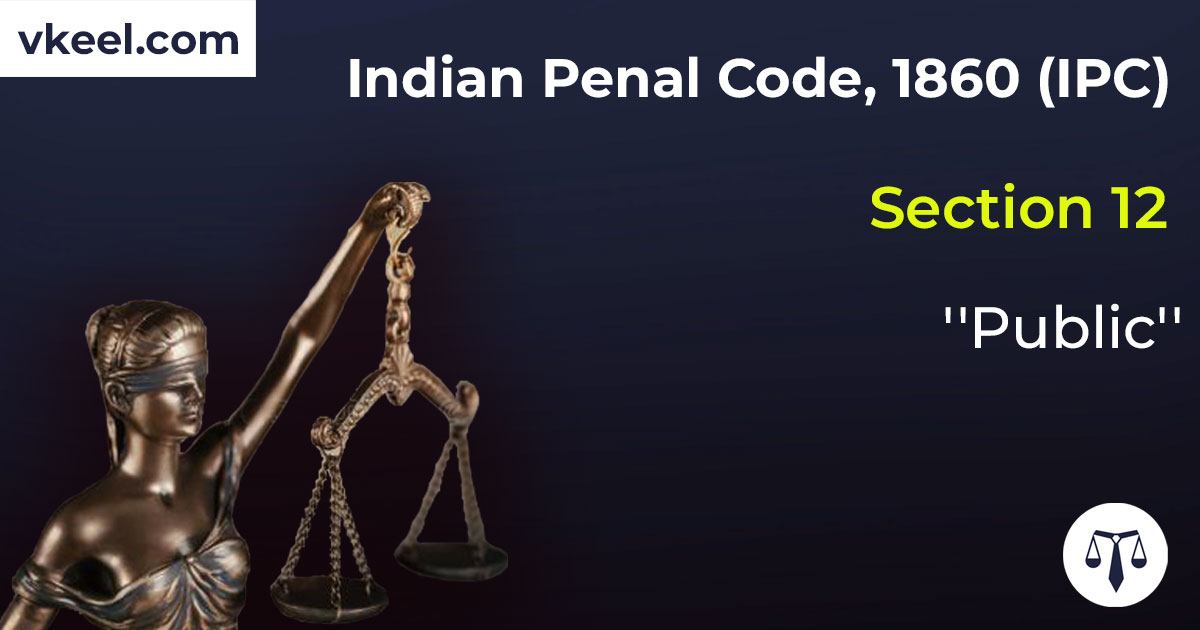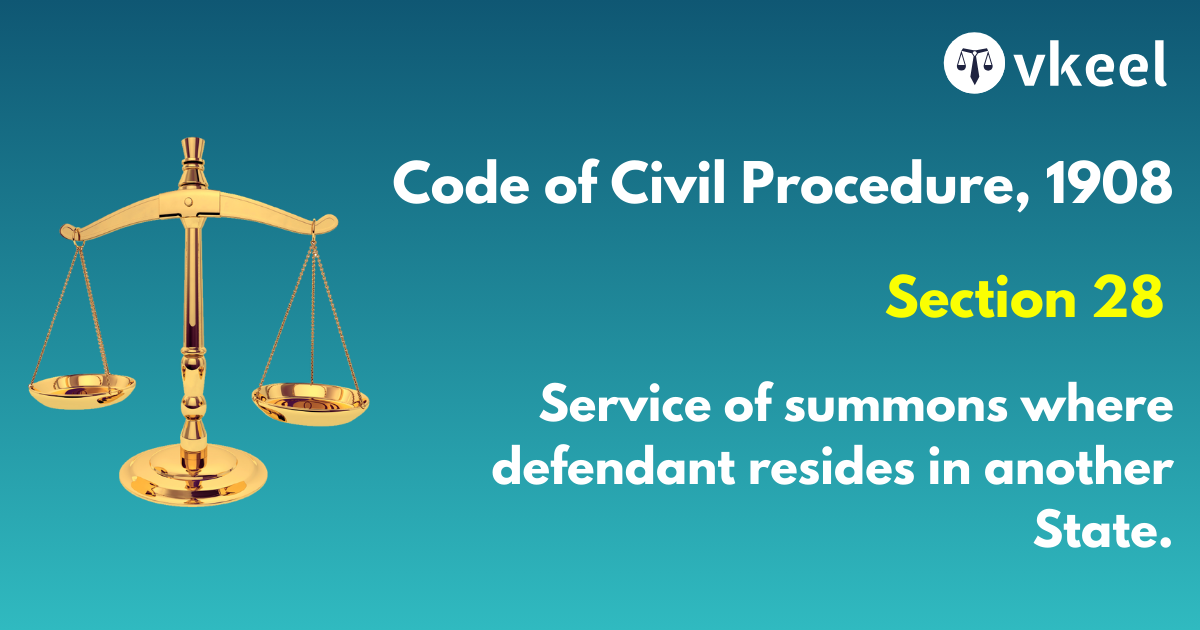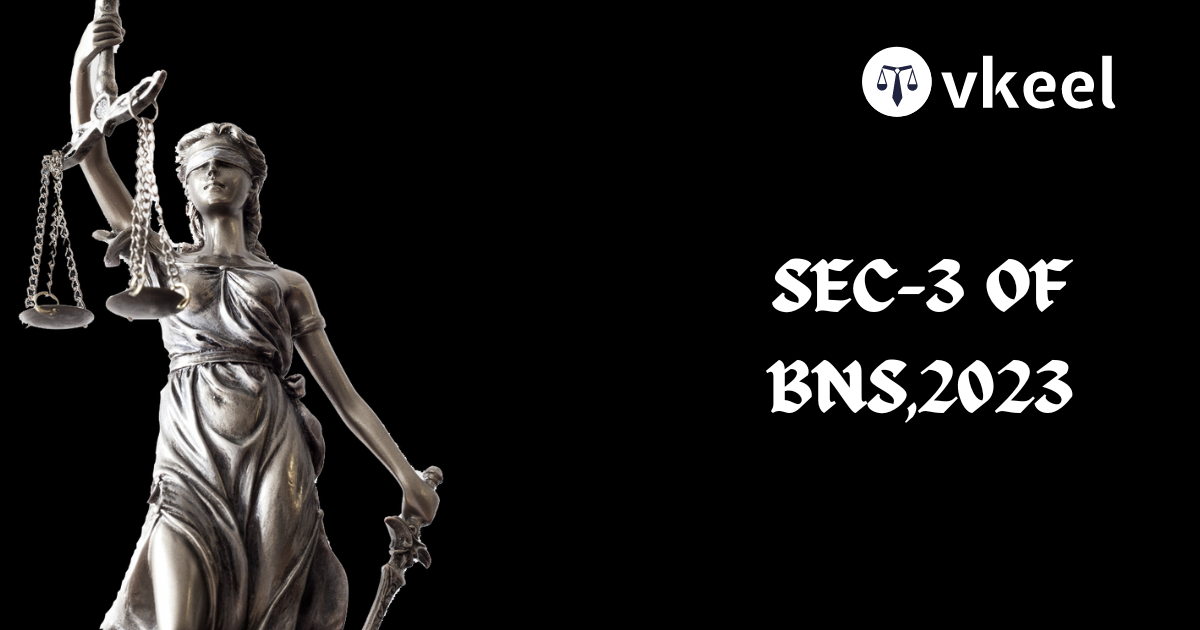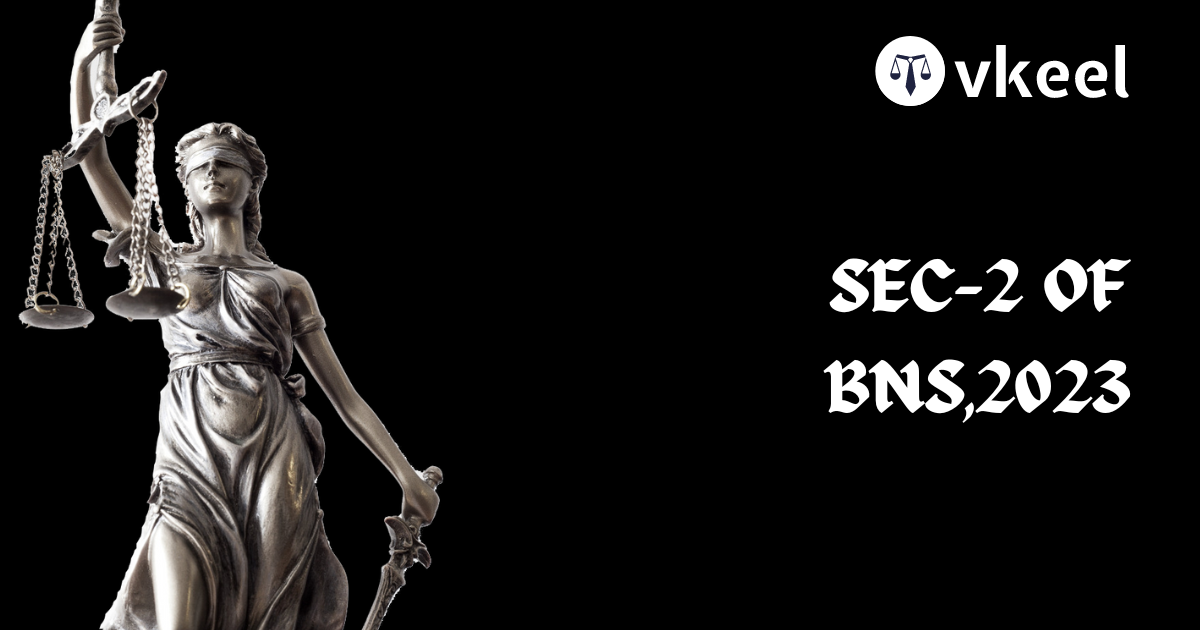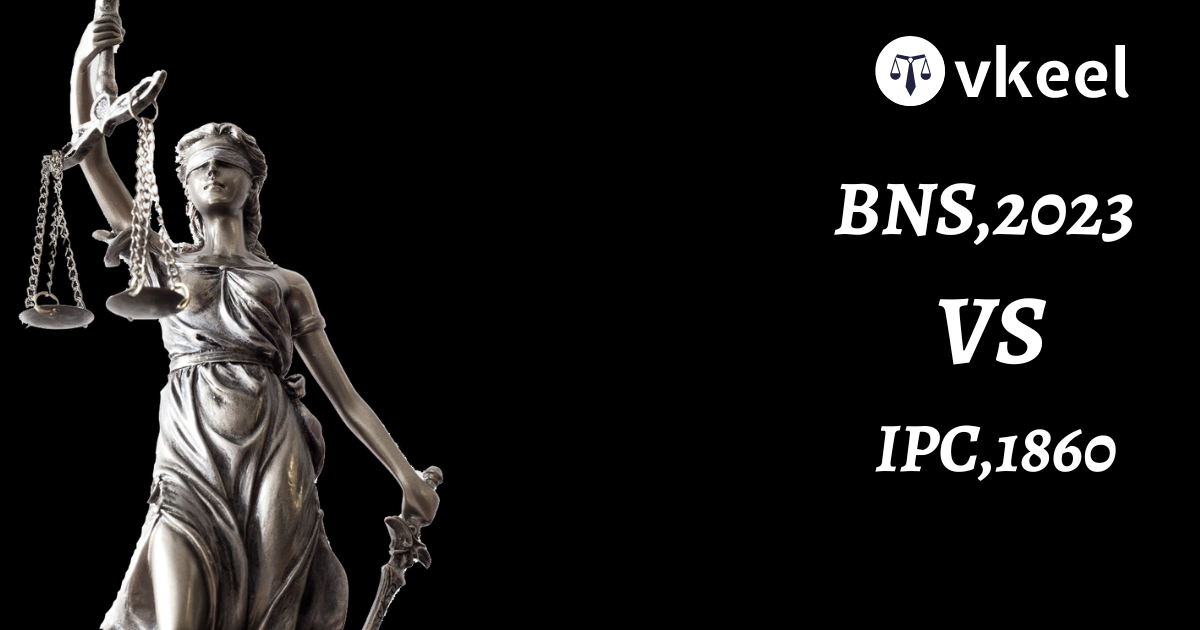Section 12 Indian Penal Code 1860 (IPC) – “Public”
By Vkeel Team
Description
“Section 12 Indian Penal Code 1860 (IPC)”
The word “public” includes any class of the public or any community.
Introduction
Section 12 of the Indian Penal Code, 1860 (IPC) defines the term “public” and its various aspects. The section states that the word “public” denotes any class of the community, whether the class is determined by race, religion, caste, birth, residence or occupation, and includes any collection of persons who are accustomed to act together.
The definition of “public” is crucial in determining the scope and applicability of various provisions of the IPC. Let’s examine the different aspects of the term “public” as defined under Section 12 of the Indian Penal Code 1860.
Any Class of the Community
The term “public” includes any class of the community, which means that the provisions of the IPC can be applied to any group of people, regardless of their size. This aspect of the definition allows the law to be applied uniformly across all sections of society.
Determined by Race, Religion, Caste, Birth, Residence or Occupation
The term “public” also includes any class of the community determined by various factors such as race, religion, caste, birth, residence, or occupation. This aspect of the definition recognizes the diverse social fabric of Indian society and ensures that crimes committed against any group are punishable under the law.
Collection of Persons Acting Together
The term “public” also includes any collection of persons who are accustomed to act together. This aspect of the definition recognizes the potential danger of groups acting together to commit crimes and ensures that such groups are punished accordingly.
Number of persons
The section further explains that the term “public” includes any number of persons, which means that even a small group of people can be considered a “public.” This aspect of the definition ensures that even minor offenses committed by small groups are punishable under the law.
Exclusively private functions
The section also states that the term “public” does not include any body of persons who exercise functions that are exclusively private in nature. This aspect of the definition ensures that the law is not applied to private disputes or conflicts that do not affect the larger public.
Conclusion
Section 12 of the Indian Penal Code 1860 defines the term “public” and its various aspects. It ensures that the law is applied uniformly across all sections of society and recognizes the diverse social fabric of Indian society. The section also ensures that groups acting together to commit crimes are punished accordingly and that private disputes or conflicts are not subject to the law.
Desctiption Source: indiacode
Disclaimer:
The information provided in the article is for general informational purposes only, and is not intended to constitute legal advice or to be relied upon as a substitute for legal advice. Furthermore, any information contained in the article is not guaranteed to be current, complete or accurate. If you require legal advice or representation, you should contact an attorney or law firm directly. We are not responsible for any damages resulting from any reliance on the content of this website.

